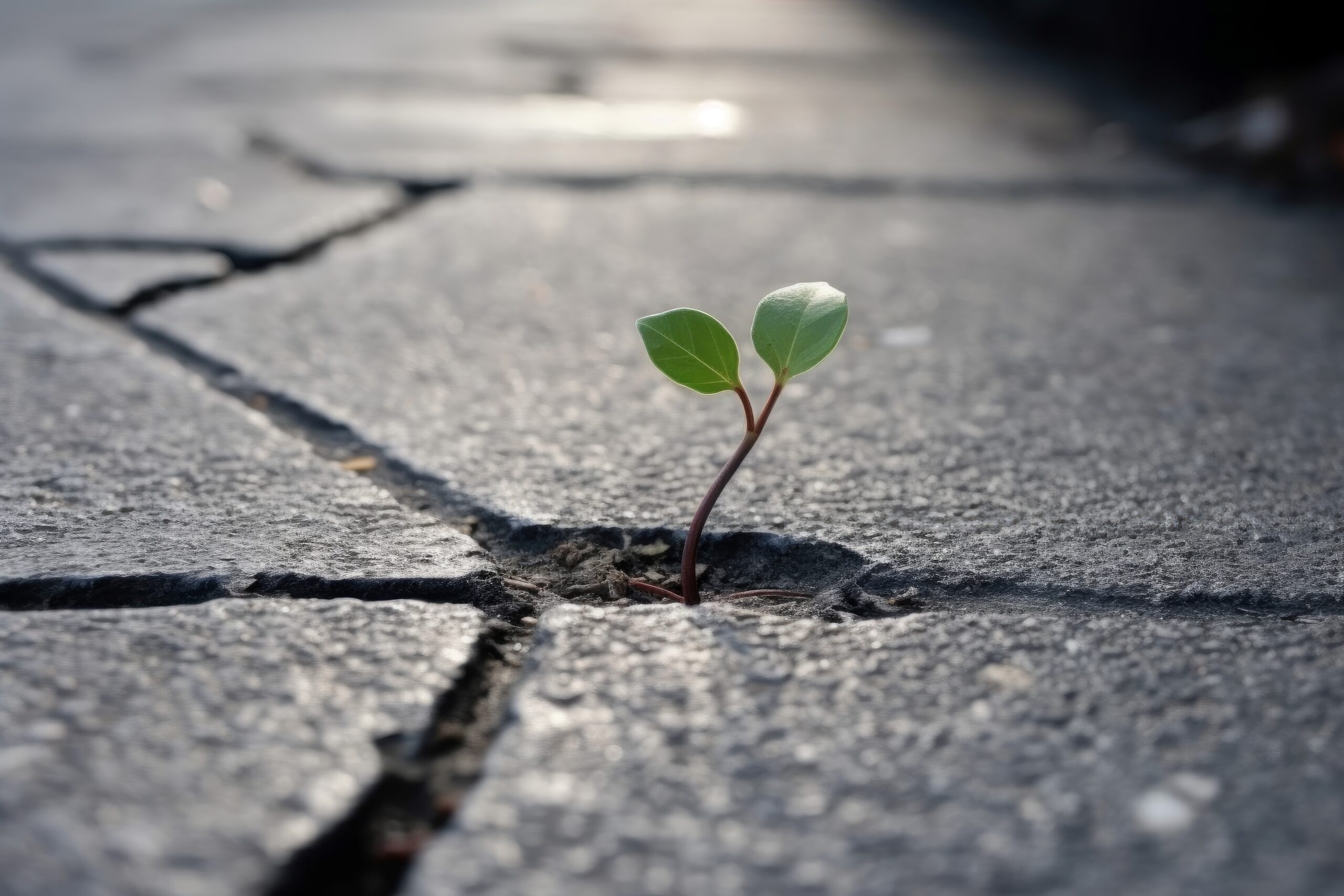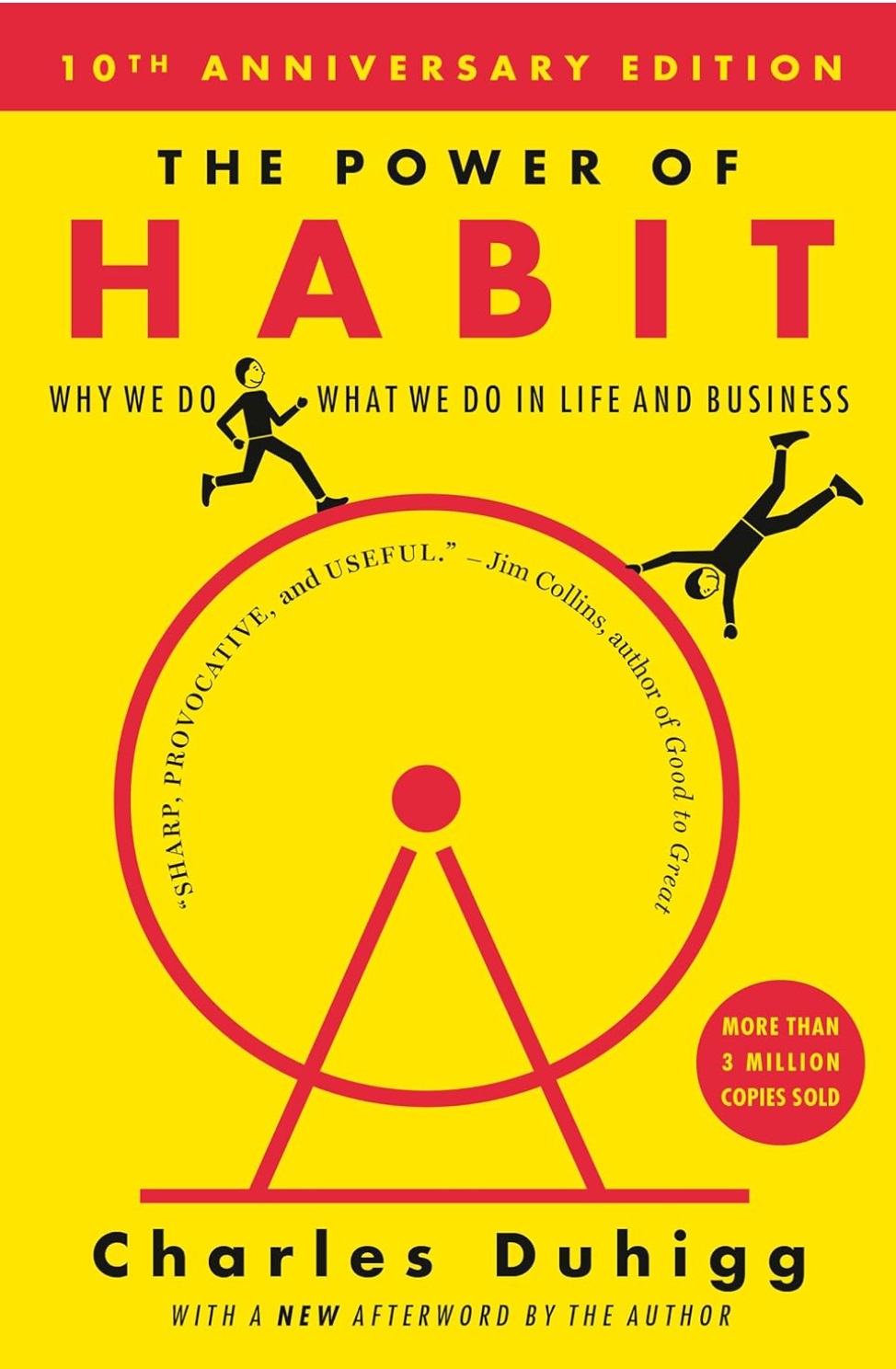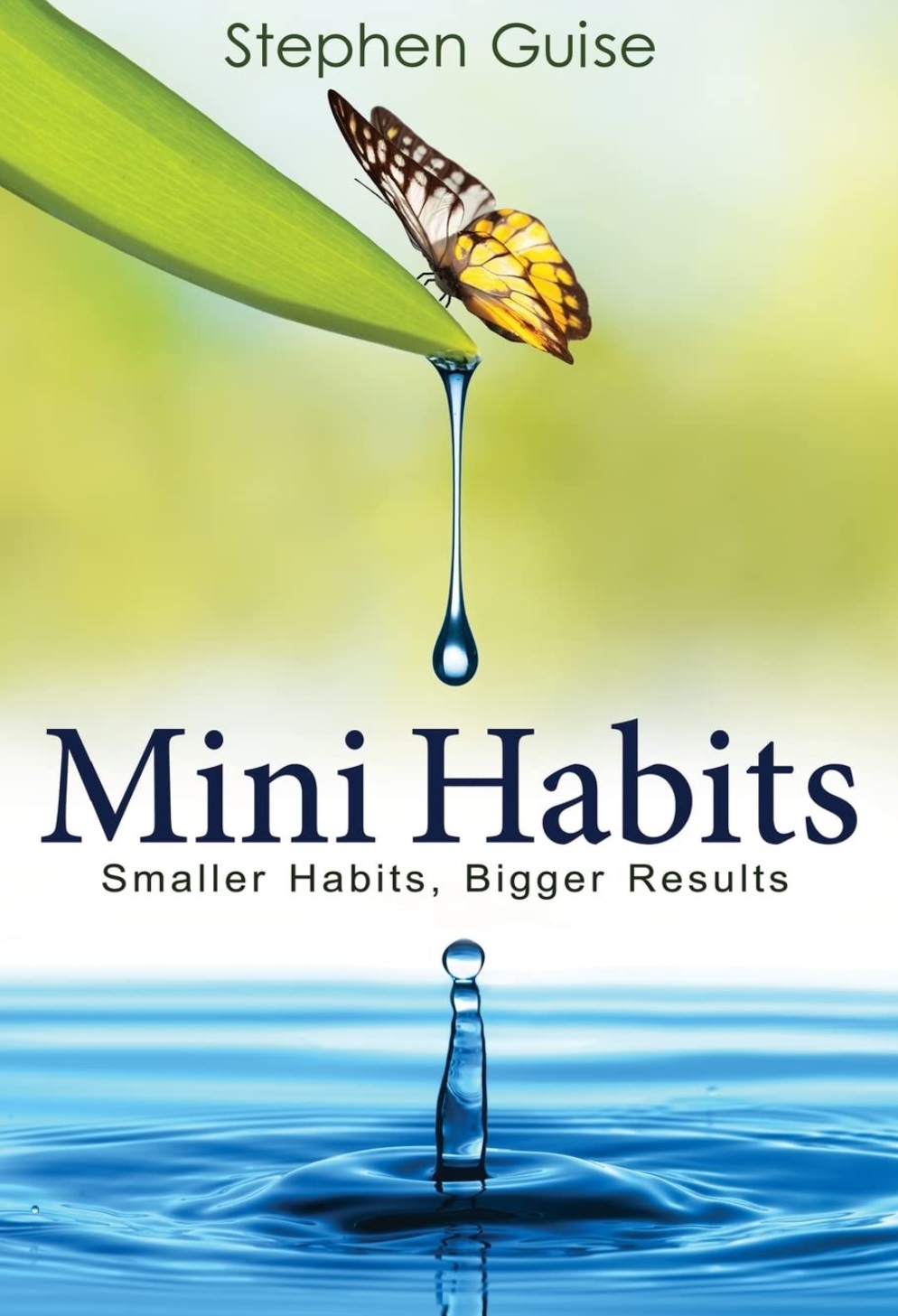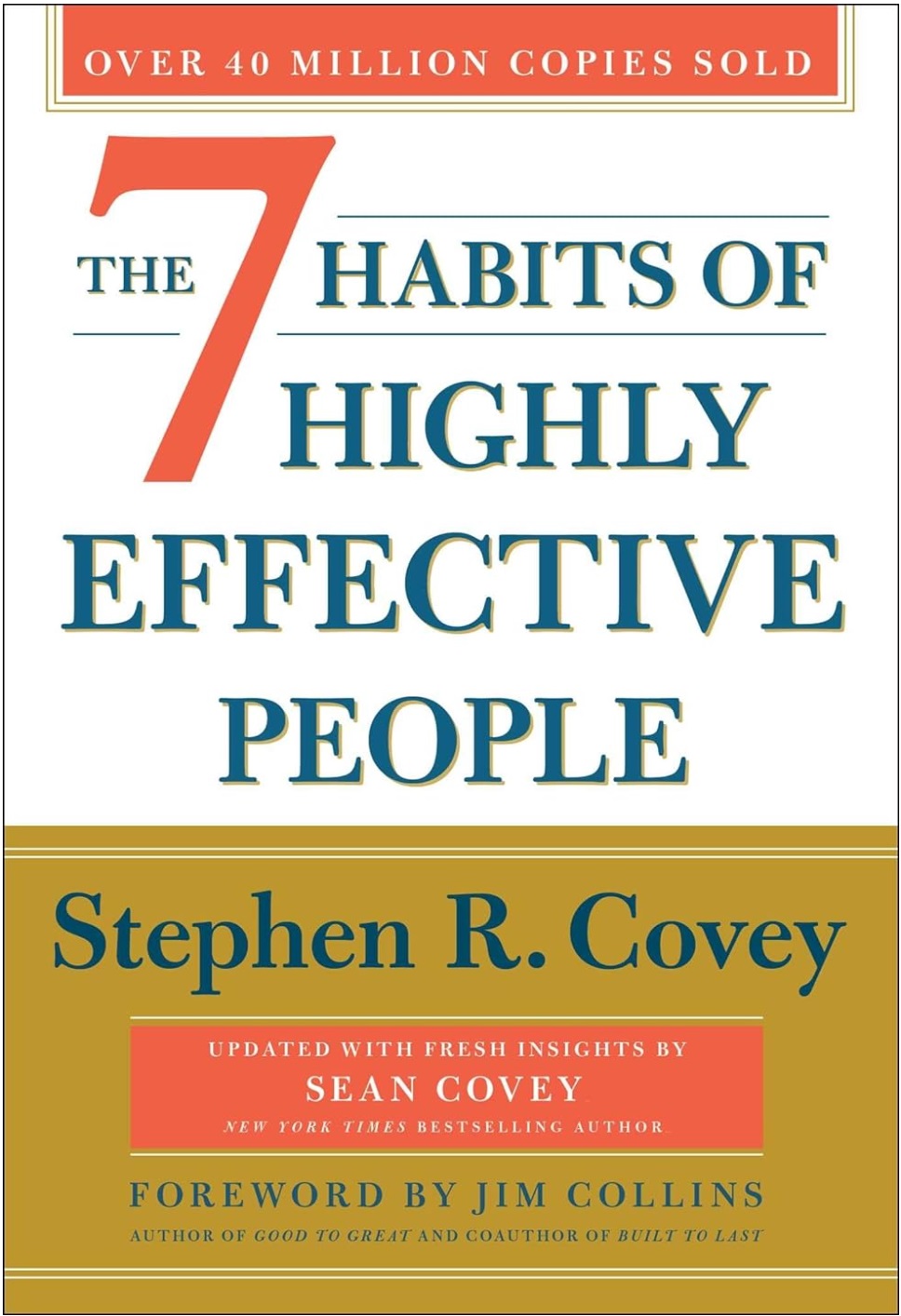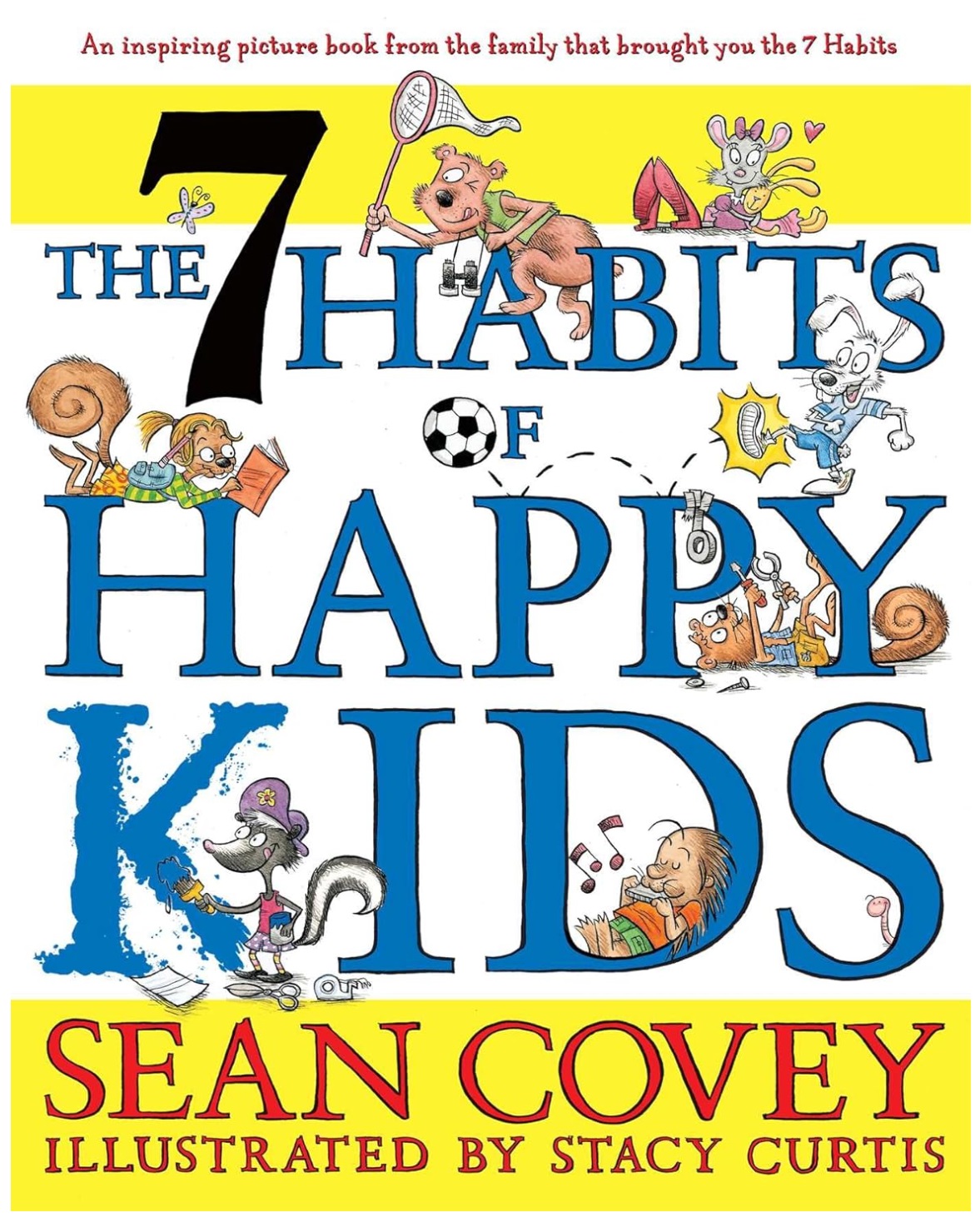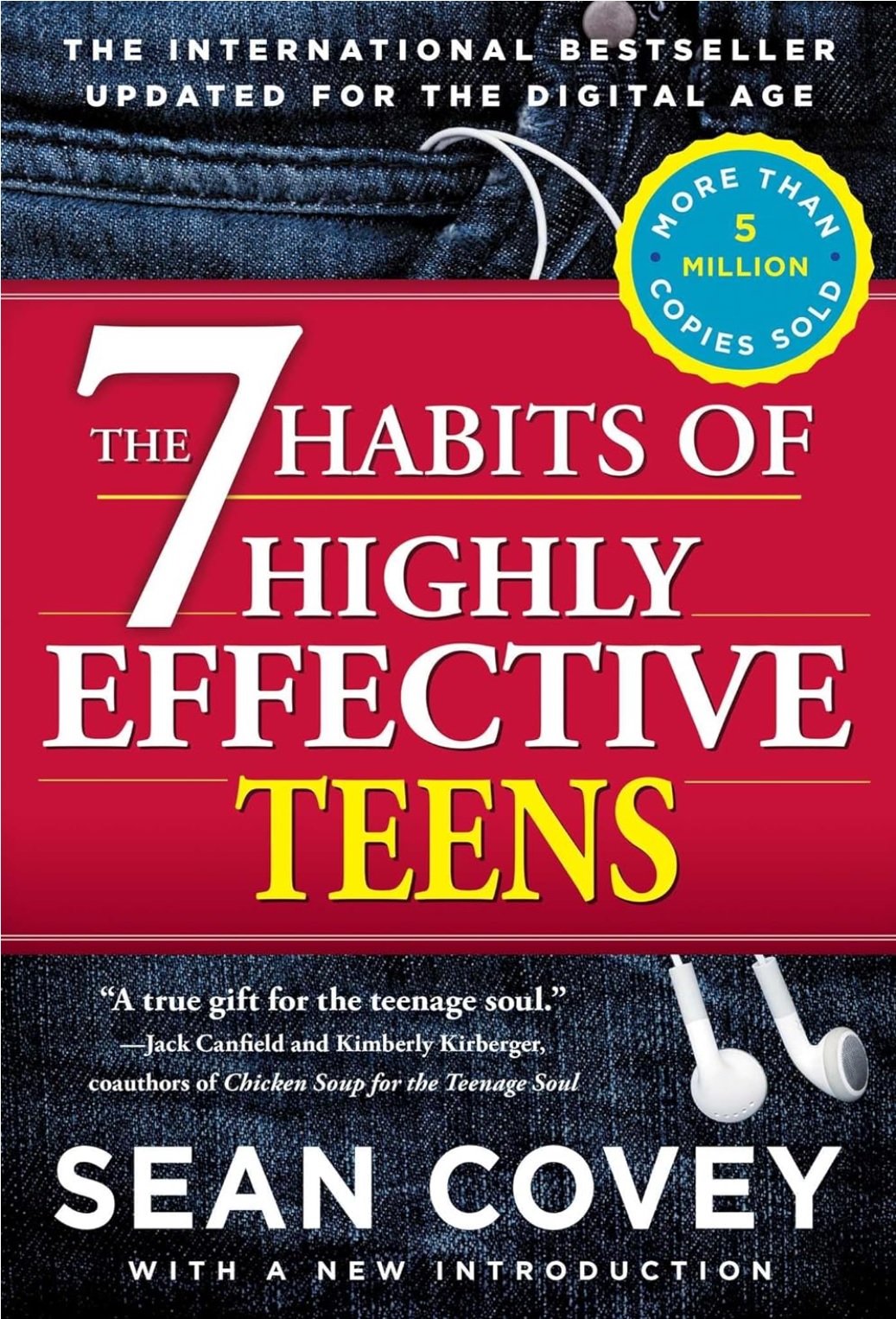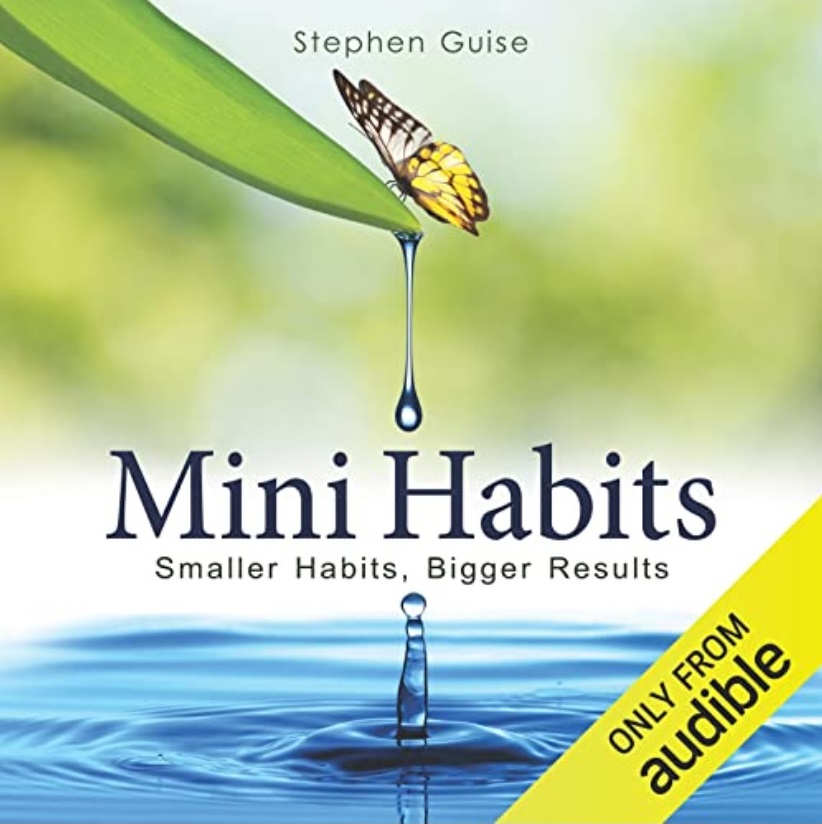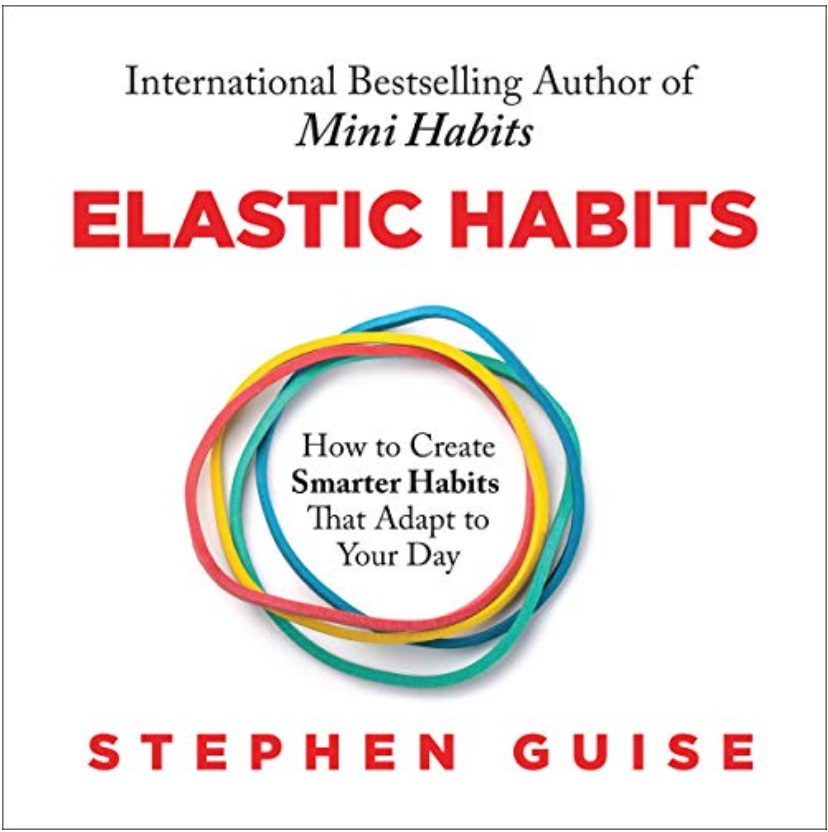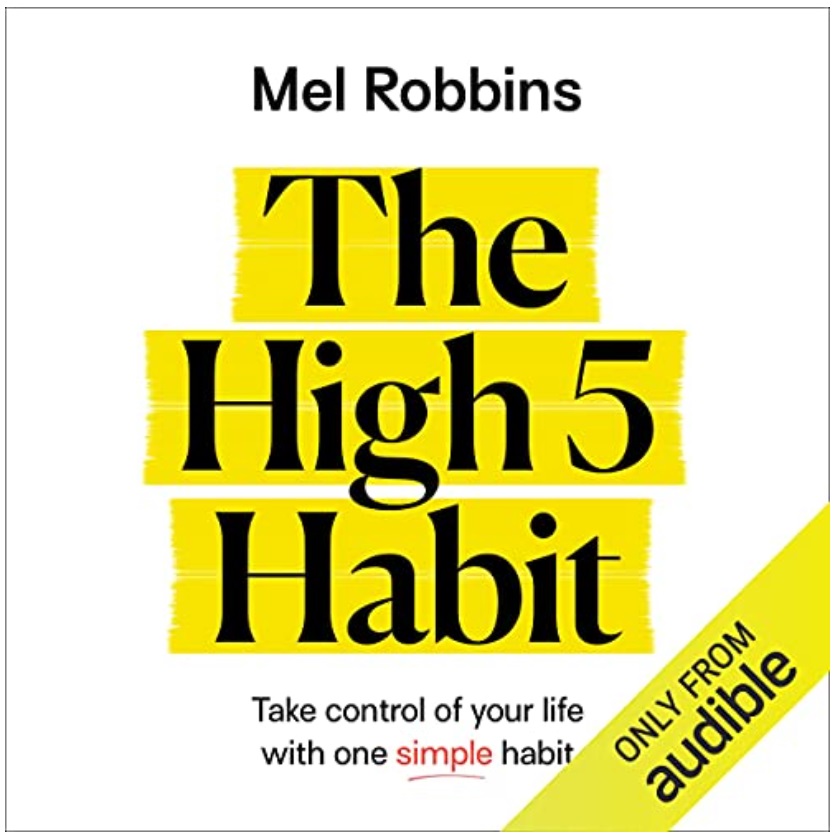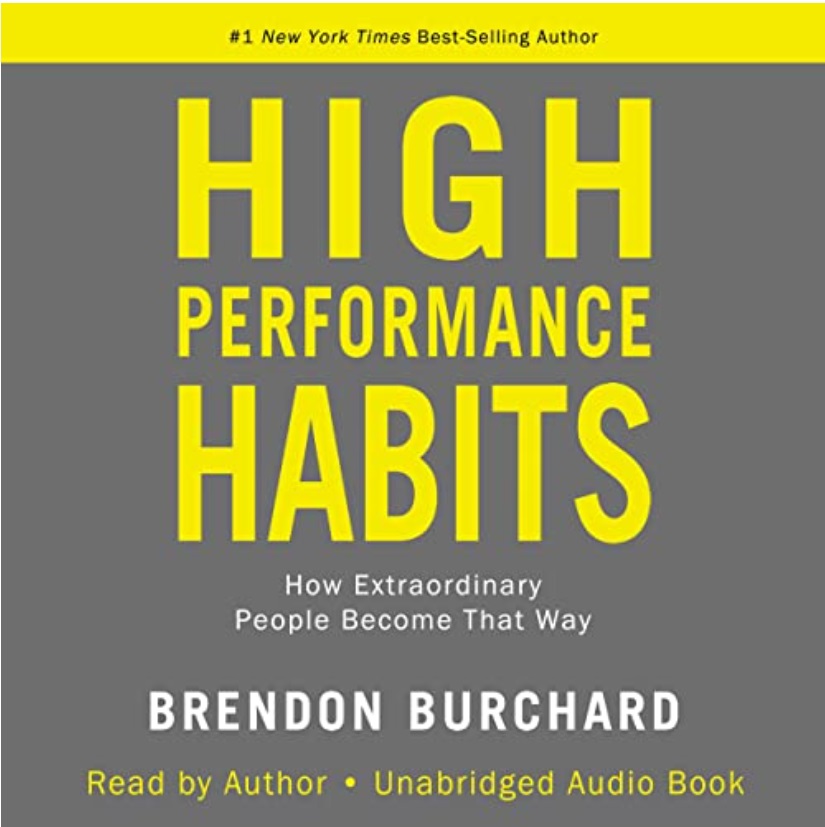- KEY POINTS
- Cultivate creativity daily with simple habits like brainstorming, mindfulness, and curiosity to spark new ideas and overcome creative blocks.
- Boost productivity and innovation by practicing mindful observation, experimenting without fear of failure, and creating inspiring environments.
- Limit screen time and incorporate creative warm-ups each morning to consistently generate fresh ideas and sustain creative energy.
Creativity can feel unpredictable. One day, ideas flow effortlessly, and the next, it’s like my mind is blank. I used to think creative blocks were something I had to wait out, but I’ve learned that creativity isn’t about waiting – it’s about cultivating the right habits.
Over time, I realized that small, daily habits could help me stay inspired and consistently generate new ideas. Whether you’re a writer, artist, entrepreneur, or just someone looking to add more creativity to your life, these habits can spark innovation and keep the ideas coming. Let me share the simple practices that have helped me boost my creativity and overcome those frustrating blocks.
Table of Contents
ToggleStart the Day with Creative Warm-Ups
I used to wake up and jump straight into work, often feeling like I wasn’t ready to tackle big creative tasks. My mind felt sluggish, and I’d spend half the morning staring at a blinking cursor. Then I started doing 10-minute creative warm-ups every morning, and it completely shifted how I approached my day.
These warm-ups can be anything – journaling, doodling, freewriting, or even brainstorming random ideas. I like to start with a quick journal entry, often just writing whatever comes to mind. Some of my best blog post ideas actually started as random scribbles during these morning sessions. By the time I sit down to do focused work, I feel more energized and ready to create.
Try this:
- Set a timer for 10 minutes each morning. Write or draw without overthinking. Let the ideas flow naturally.
Practice Mindful Observation
Creativity often comes from noticing the world around us – the little details we usually miss. I started practicing mindful observation during my daily walks, and I was surprised by how much inspiration I found. One afternoon, I noticed the way sunlight filtered through tree branches, and that small moment sparked the idea for a design project I’d been stuck on for weeks.
Mindful observation doesn’t have to be complicated. Sometimes, I sit at a café and quietly observe the people around me. The smallest interactions – a smile between friends, someone reading a book – can spark ideas I wouldn’t have considered otherwise.
Challenge yourself:
- Take 10 minutes today to observe your surroundings. Jot down 3-5 things you hadn’t noticed before. You might be surprised at how this unlocks new ideas.
Dedicate Time for Brainstorming
One of the most impactful habits I’ve developed is setting aside time to brainstorm – even if I don’t have an immediate project in mind. I used to only brainstorm when deadlines loomed, but I’ve found that consistently dedicating 15 minutes to brainstorming each day builds up a reservoir of ideas to pull from when I need them.
Sometimes, I brainstorm by creating mind maps. I write a single word or topic in the center of a page and let ideas branch out from there. This technique has helped me flesh out content ideas, plan projects, and even solve personal challenges.
Try this today:
- Choose a random topic or problem. Set a timer for 15 minutes and brainstorm as many ideas as you can. Save these lists for future inspiration.
Ask More “What If?” Questions
Curiosity is a key ingredient for creativity. One habit that has transformed my thinking is the simple act of asking “what if?” questions throughout the day. I started by applying this during routine tasks – “What if I rearranged my workspace?” or “What if I cooked this meal differently?” – and it often led to new ideas and approaches.
One afternoon, I asked myself, “What if I approached this blog post from a completely opposite angle?” That one question led to one of the most popular posts I’ve written. Asking “what if” helps break conventional thinking and encourages me to explore new possibilities.
Action step:
- Pick one aspect of your day and ask, “What if I did this differently?” Write down any new ideas that come up.
Limit Screen Time to Create Space for Ideas
I didn’t realize how much screen time stifled my creativity until I took intentional breaks from my phone and laptop. Constant scrolling left little room for my mind to wander, which is often when the best ideas surface. Now, I dedicate at least one hour each day to being completely screen-free.
During one of these unplugged hours, I sat outside with a notebook and let my mind drift. By the end of that hour, I had outlined three new blog post ideas without even trying. It’s incredible how a bit of quiet time can rejuvenate creativity.
Try this:
- Set aside one screen-free hour today. Use that time to write, sketch, or simply reflect.
Experiment Without the Pressure of Perfection
I used to avoid creative tasks unless I felt sure the outcome would be good. The fear of producing something mediocre kept me from starting at all. I eventually realized that experimentation – without the pressure of perfection – was the key to unlocking my creativity.
Now, I set aside time to intentionally create without expectations. I’ve started doodling random patterns, writing “bad” poetry, and testing new recipes just for fun. One evening, while sketching with no goal in mind, I came up with a concept I later turned into part of a blog series.
Challenge yourself:
- Start a project today without worrying about the final result. Focus on the process, not the outcome.
Surround Yourself with Inspiration
Our environment plays a significant role in creativity. When my workspace feels dull or uninspiring, my ideas often feel the same. I’ve made it a point to surround myself with things that spark creativity – books, plants, art, and even small objects that make me smile.
I recently created a small inspiration corner on my desk filled with postcards and prints from places I’ve traveled. It’s a simple change, but it makes sitting down to work feel more enjoyable and motivating.
Action step:
- Add three items to your workspace that inspire you. See how it impacts your creative flow.
Celebrate Small Wins to Build Momentum
I used to dismiss small creative victories as unimportant, but over time, I realized that celebrating progress – no matter how small – keeps me motivated. Writing a paragraph, sketching for five minutes, or brainstorming three new ideas all count as wins.
Acknowledging these small efforts builds momentum and reinforces the creative habit. Now, I make it a point to write down one creative achievement at the end of each day.
Try this:
- Write down one creative success today, even if it feels small. Reflect on how it contributes to your overall growth.
Final Thoughts: Unlocking Your Creative Potential
Creativity doesn’t have to feel elusive. By incorporating small, daily habits like these, you can cultivate a mindset that welcomes inspiration. Start small – try one habit today – and gradually build from there. Each step brings you closer to a life filled with fresh ideas and creative breakthroughs.
Which habit will you try first? Let me know in the comments – I’d love to hear how it works for you!





